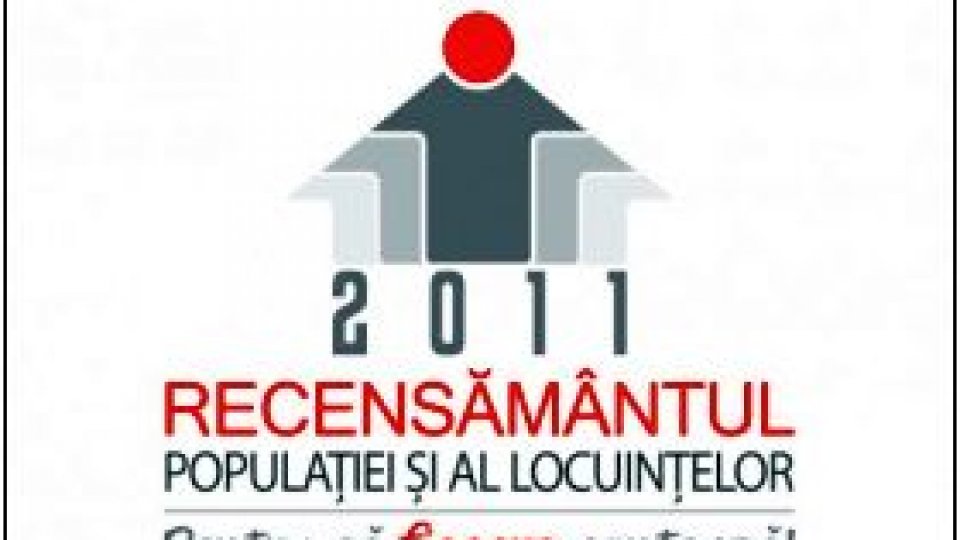Census Results
Romania’s stable population has dropped by more than 2.6 million inhabitants, show the provisional results of the population census conducted last autumn and made public Thursday by the National Institute of Statistics.

Articol de Radio România Internaţional, 05 Februarie 2012, 17:42
The population and household census conducted in 2002 reported a population of more than 21.6 million people as compared to the latest census of 2011 which shows that Romania’s stable population stands at around 19 million people, of whom almost 660 thousand were temporarily absent at the time of the census.
Romania’s population also numbered 19 million back in 1966.
The latest census also included the Romanian citizens working abroad.
The provisional results of the census also show that there are 7 million households, 8.5 million homes and more than 5 million buildings.
Of Romania’s total stable population, a little over 10 million people live in cities and towns and almost 9 million in the countryside.
The population of the capital Bucharest also dropped from 2 million in 2002 to around 1.7 million in 2011.
The counties with the largest number of inhabitants are Prahova (in the south), Iasi (in the north east), Cluj (in the center), while the counties of Tulcea (south east), Covasna (center) and Salaj (north-west) have the smallest number of people.
The provisional results of the 2011 census also show that out of Romania’s stable population, almost 17 million people (88.6%) declared Romanian citizenship.
The Ethnic Hungarian population stands at around 1.2 million people, which accounts for 6.5% of the country’s stable population, while the number of the declared Roma population rose officially to 619 thousand from 535 thousand in 2002. They now account for 3.2% of Romania’s total population.
The ethnic Ukrainian, German, Turkish, Russian, Lippovan and Tartar communities each reported more than 20 thousand people.
Ethnicity was registered based on the people’s declarations, in this way the fundamental right of each individual to declare its ethnicity without any constraints being observed.
The population and household census in Romania was made in line with the recommendations of the European Parliament and Council as regards population and household censuses.
According to those recommendations, Romania’s stable population includes Romanian citizens, foreign citizens with or without Romanian citizenship residing in Romania, who at the moment of the census were on Romania’s territory or were temporarily absent, as they were abroad for a period of less than 12 months.









